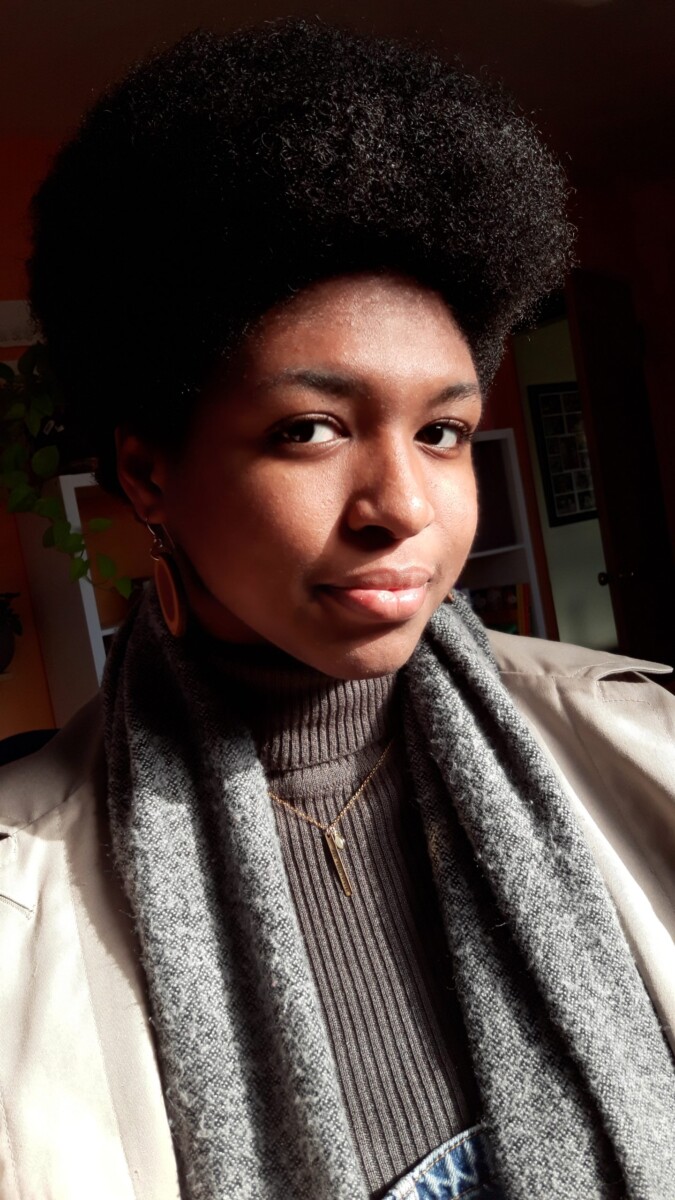I saw a skit on YouTube where a group of Christians clasped each other’s hands in devout prayer, asking God to alleviate the suffering of the poor. To their surprise, the heavens open, and God’s voice booms above in a shower of golden light. “Go, sell all your possessions and give the money to the poor.”
The Christians look at each other in shock. One asks, “you mean like, all our possessions?”
“Yes.”
They look at each other again. One man looks at his comrades, reading the room. He said, “oh, oh this… THIS HOUSE IS HAUNTED!” He makes eye contact with the woman next to him. On cue, she lets out a classic 50s horror flick scream.
In the next scene, they are all fleeing the house as fast as possible. One person stands by the door, wheeling their arm, urging, ”Go, go, go!” The golden light quietly fills the emptying room. God’s voice echoes: “Oh. I see what they did there.”
I see it too.
I do it too, I bet.
At this junction in my life, my quest for financial independence feels as if it directly clashes with a Christian, selfless “hold loosely” attitude towards material wealth. It is easier to check good deeds off a predetermined list than to be genuinely self-sacrificial. How do I cultivate a generous mindset that doesn’t guilt trip me into good deeds?
3 things I remind myself.
- People are made in the image of God. And I don’t mean this in a “we all look different but God made us all” kind of way. I mean, other people’s problems should be real to me. God is the author of my life. But God is authoring other people’s lives around me, and God is really invested in those stories too. So other people’s struggles should be just as relevant. The resources I’m hoarding for me might be meant to star in someone else’s story.
- Being generous is not a boring task. It’s a sweet adventure. I have to switch my mindset from this sounds like a “you” problem to “time to do some creative problem solving.” What resources do I have that could help in some way? Time? Money? Influence? Advice?
- Stop overthinking it. Radical forgiveness paired with generosity is incredibly moving. If I show up, listen with empathy, and then give what I can, it’s meaningful.
Which brings me to the conclusion that sometimes, the worst part of materialism to me, is the mental effort of figuring out the boundaries: Do I have too many worldly possessions? Do I need to give everything up? Is this the correct amount to tithe?
The only reason I ask these questions sometimes, is so I can figure out where the acceptable limit is. if I give this much, I’m entitled to keep this much. I try to draw boundaries as easy answers. They allow me to come to God with a guarded heart: ready to serve if the opportunity fits my boundaries. Ready to declare the “house is haunted” if it feels like a stretch.
But the easy answers are not the goal, and frankly, it’s not the most exciting. Christ-like living is the goal. Being generous is not about me. And that should be exhilarating.


